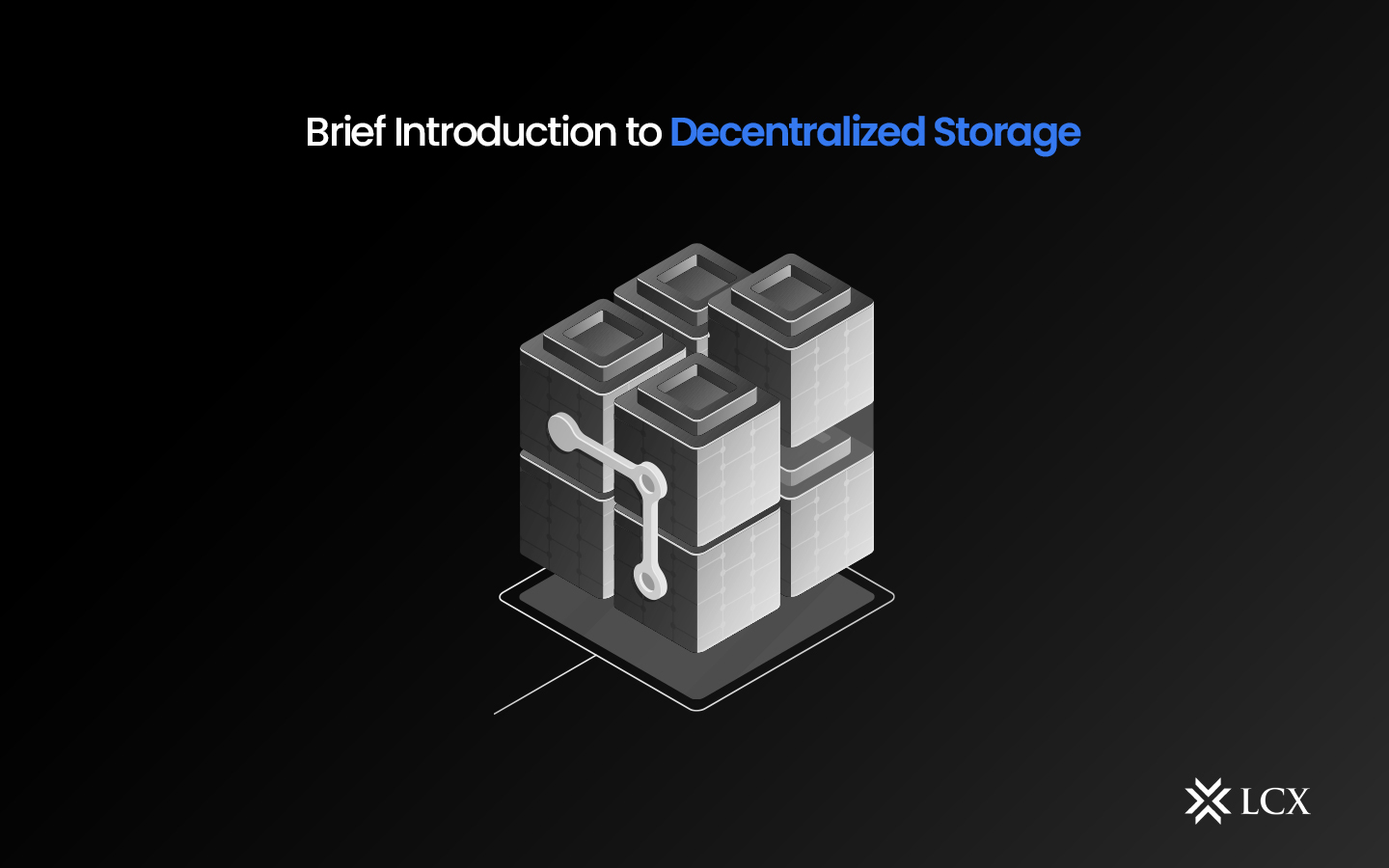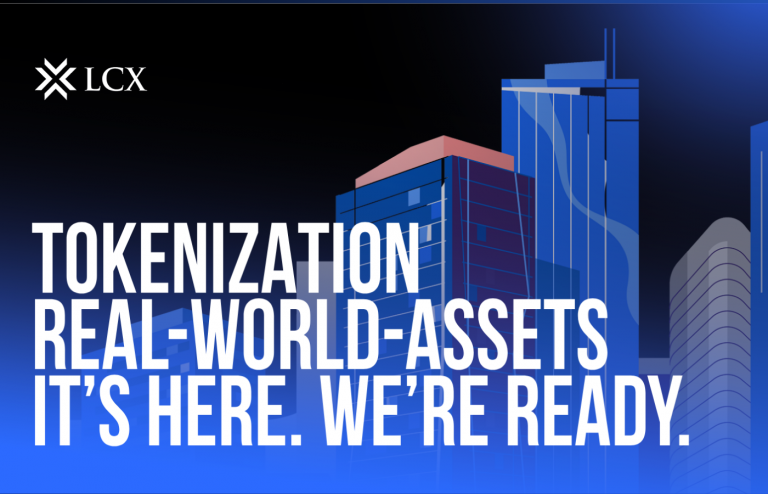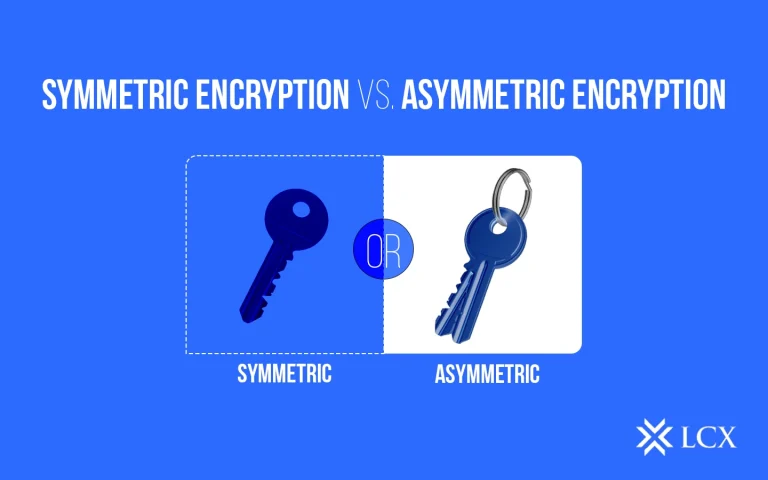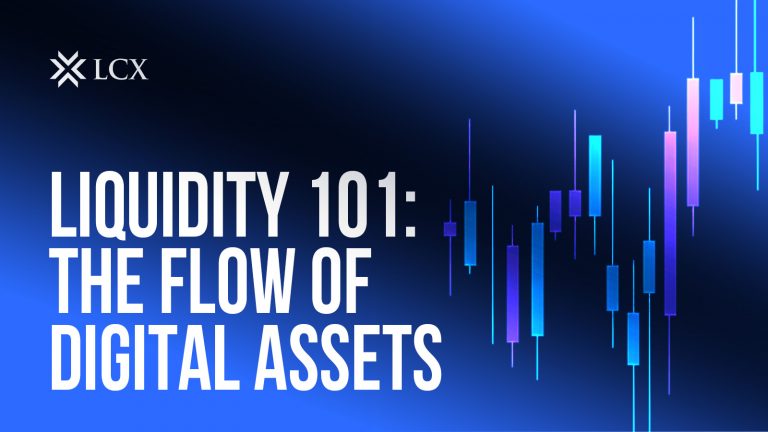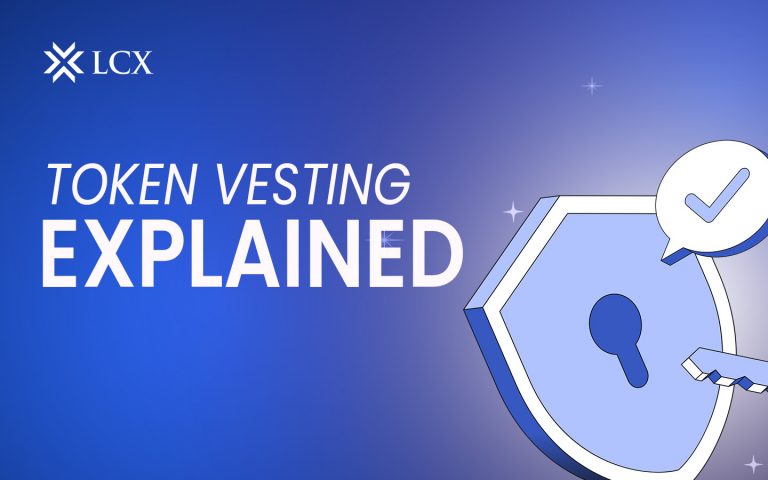In today’s digital age, data has become the lifeblood of organizations across industries. As the volume and complexity of data continue to grow exponentially, the need for secure, scalable, and efficient storage solutions has become paramount. Traditional centralized data storage systems have inherent vulnerabilities, such as single points of failure and the risk of data breaches. When businesses store data on-premises, they run into a number of issues. Scaling infrastructure up and down is fraught with technical and financial obstacles, and sustaining storage area networks is difficult. Data stored in a central location gives the host immense powers, such as disclosing data to third parties without permission and losing data due to hardware, network failure, or cyberattacks.
To address these challenges, blockchain technology has emerged as a disruptive force, revolutionizing data storage through decentralized solutions. The emergence of decentralized storage as a viable alternative to centralized options. In an era where business operations depend on the efficacy of data management, decentralized storage applications powered by blockchain technology are proving to be quite useful.
What Is Decentralized Storage?
Decentralized storage refers to the practice of distributing and storing data across a network of interconnected nodes, eliminating the need for a central authority or a single point of control. Unlike centralized storage, where data is stored in a single location (e.g., a data center), decentralized storage leverages peer-to-peer (P2P) networks and blockchain technology to achieve redundancy, security, and fault tolerance.
In a decentralized network, data is stored on multiple nodes as opposed to a single server under the jurisdiction of a single authority. This enhances security and dependability by ensuring that the data is disseminated and protected from errors and other potential threats. Decentralized storage options also provide consumers with full ownership and control over their data, as opposed to requiring a third party to administer and store it.
How Does Decentralized Storage Work?
Decentralized storage entails storing data on multiple computers or nodes connected to a peer-to-peer network, such as BitTorrent or an InterPlanetary File System (IPFS) protocol. Data uploaded to a decentralized storage system is fragmented and sent to multiple nodes for storage across the network. If you need to retrieve your data file, the network will reassemble the sharded components from the individual storage nodes and make them available for retrieval. Moreover, nodes in a decentralized storage system cannot view or modify files because a cryptographic hash mechanism encrypts all network-stored data automatically. Users must use their private keys to access their data and prevent unauthorized parties from retrieving it.
What Is the Role of Blockchain Technology in Decentralized Storage?
Blockchain provides a transparent and immutable ledger, enabling secure and efficient data storage and retrieval. Here are some key features of blockchain that contribute to decentralized storage:
Data Encryption and Security
Blockchain-based storage systems employ advanced encryption techniques to ensure data privacy and security. Data is split into chunks, encrypted, and distributed across multiple nodes in the network. Only the data owner holds the private key to decrypt and access the information, making it highly secure and resistant to unauthorized access.
Decentralization and Redundancy
By leveraging blockchain’s decentralized nature, storage platforms can distribute data across numerous nodes, eliminating the risk of a single point of failure. Redundancy ensures that even if some nodes fail or go offline, data remains accessible from other nodes in the network. This redundancy enhances data availability and makes decentralized storage more reliable than traditional centralized alternatives.
Data Integrity and Immutable Audit Trail
Blockchain’s immutable nature allows decentralized storage platforms to provide verifiable data integrity. Each data chunk is associated with a unique cryptographic hash that serves as a digital fingerprint. Any modification to the stored data will result in a different hash, enabling users to verify the integrity of their data at any time. Additionally, the decentralized nature of blockchain ensures that no central authority can tamper with or manipulate stored data, fostering trust and transparency.
What Are the Advantages of Decentralized Storage Over Centralized Storage?
Decentralized data storage can mitigate some of the problems associated with conventional centralized storage servers. Here are several advantages decentralized storage networks have over their centralized alternatives.
Enhanced safety and seclusion
Traditional centralized storage networks are more susceptible to intrusions due to the central location of their data. In contrast, decentralized storage systems provide greater security because their data is distributed across multiple nodes as opposed to residing on a single server. This makes it more difficult for hackers to access and extract data from decentralized storage networks. In addition, users are not required to submit personal information in order to store data in a decentralized system, providing an additional layer of anonymity.
No solitary failure point
Despite the fact that centralized data storage networks are simpler to access and manage, they are also more susceptible to transmission errors that may result in data loss. A decentralized storage network is comprised of multiple interconnected nodes, providing increased redundancy and fault tolerance so that users can continue to access data from other nodes on the network even if one node fails.
Faster download speeds
If network traffic exceeds the network’s capacity, centralized storage could experience bottlenecks. Due to the geographically dispersed nature of the nodes storing the data files, blockchain technology may allow decentralized storage to reduce bandwidth consumption.
Reduced cost
With many data-hosting nodes, a decentralized system provides more storage than a centralized system. This typically results in lower costs than existing centralized storage platforms, particularly for smaller users who cannot take advantage of economies of scale.
Improved data accuracy
Data integrity is the capacity of data to retain the same characteristics throughout its duration. With centralized storage systems, it is difficult to maintain data integrity because data becomes unavailable if something occurs to a server or if a website is relocated. Through hashing, data can remain intact and accessible indefinitely with decentralized storage.
What Are the Limitations of Decentralized Storage?
Despite the fact that decentralized storage can have advantages over centralized systems, there are also some disadvantages that can contradict the aforementioned benefits. Decentralized storage systems rely on a network of nodes to store and retrieve data, which can result in delayed access times than centralized storage systems.
Similarly, from the perspective of data ownership, decentralized storage may be more secure than centralized systems, but it is not immune to security and other hazards. On a network, malicious nodes could compromise the security of stored data. Moreover, decentralized storage systems are dependent on the network infrastructure for proper operation. In the event of network disruptions, the data stored on the network may become less accessible.
Additionally, there is a paucity of standardization in decentralized storage. It can be challenging to ensure interoperability when distinct protocols employ distinct encryption and authentication mechanisms. In addition, the hazards related to encryption and key management in decentralized storage systems remain unresolved.
Conclusion
Blockchain-based decentralized storage represents a paradigm shift in the way we store and manage data. By harnessing the power of blockchain technology, organizations can enjoy enhanced security, improved data integrity, increased availability, and cost efficiency. While decentralized storage is still in its nascent stages, the potential it holds for transforming industries and revolutionizing data storage is undeniable. As businesses continue to explore and adopt blockchain-based solutions, the future of data storage looks increasingly decentralized and secure.
